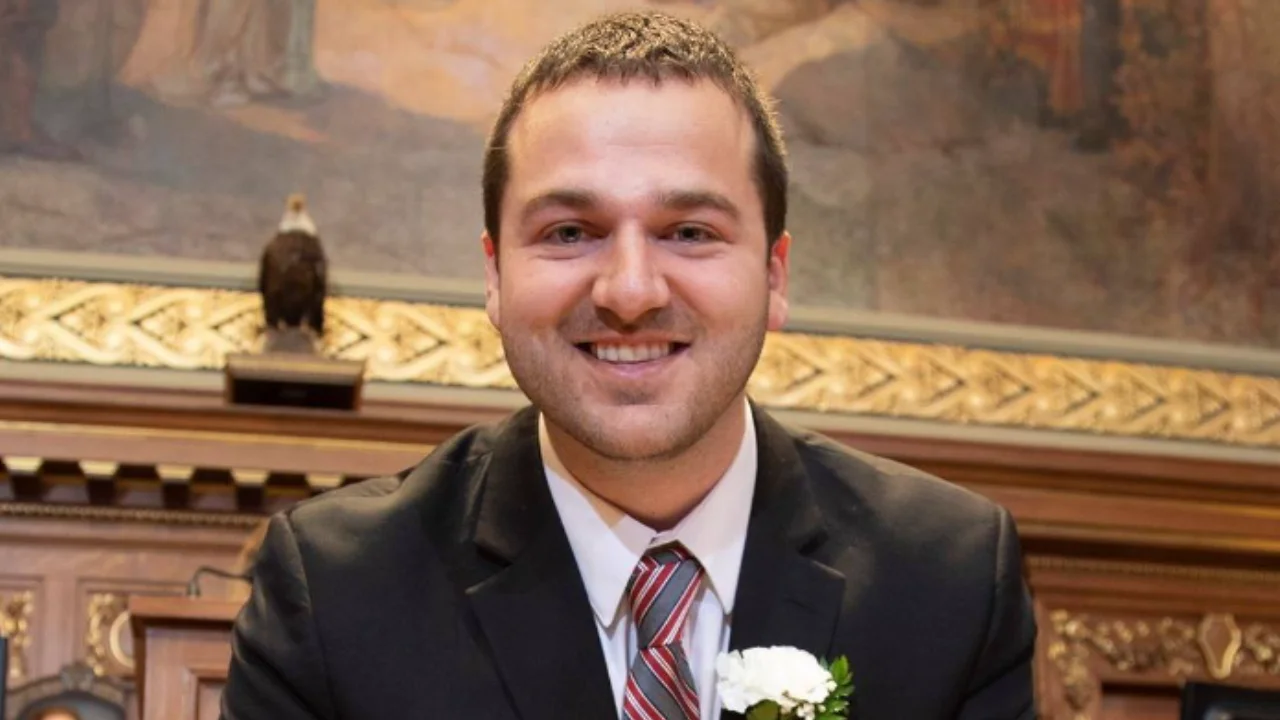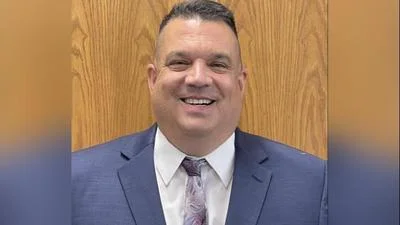State Senator Romaine Quinn | Wisconsin State Legislature
State Senator Romaine Quinn | Wisconsin State Legislature
Today, the Wisconsin Supreme Court upheld Governor Tony Evers' contentious 400-year veto with a narrow 4-3 vote. This decision has sparked criticism from state lawmakers, notably Senator Romaine Robert Quinn, who has been vocal in his opposition.
In a statement, Senator Quinn expressed concerns about the implications of the decision. "Today, the Wisconsin Supreme Court gave the most powerful veto pen in the country even more power," he said. Referencing the court's split opinion, he remarked, "The court’s dissenting opinion stated it best: ‘one wonders how this court transformed the power to reject some legislative proposals into a new kingly power…It is no stretch to say that everyone who was involved in the passing of this amendment…would be appalled at how this court has distorted it.’"
Senator Quinn, representing Birchwood, argues that the decision disadvantages taxpayers. He commented, "Taxpayers in this state have Republican legislators in the ring fighting for them, but it’s hardly a fair fight when the Governor and the referee team up to tie our hands before the match even starts."
The financial implications of the ruling are a significant concern for Quinn. He highlighted the requirement for the state to find an additional $800 million each budget cycle for the foreseeable future. "Based on today’s enrollments, the state is going to need to find an additional $800 million every single budget cycle for the next 400 years, or this will fall squarely on your property tax bill," he warned. He further projected that by 2035, the average homeowner will face an additional $1,200 in annual property taxes.
Quinn criticized how the funds will be allocated across districts. He remarked, "The most insulting part in all of this is that the money will flow equally to districts like Milwaukee and Madison, who are already spending thousands of dollars more than our northern schools." In his view, the ruling overrides an opportunity to allocate educational funding more thoughtfully.
The debate over this veto and its implications are set to continue as lawmakers and constituents evaluate the potential impact on Wisconsin's financial landscape. The concern centers on balancing educational funding needs against taxpayer impacts.






 Alerts Sign-up
Alerts Sign-up